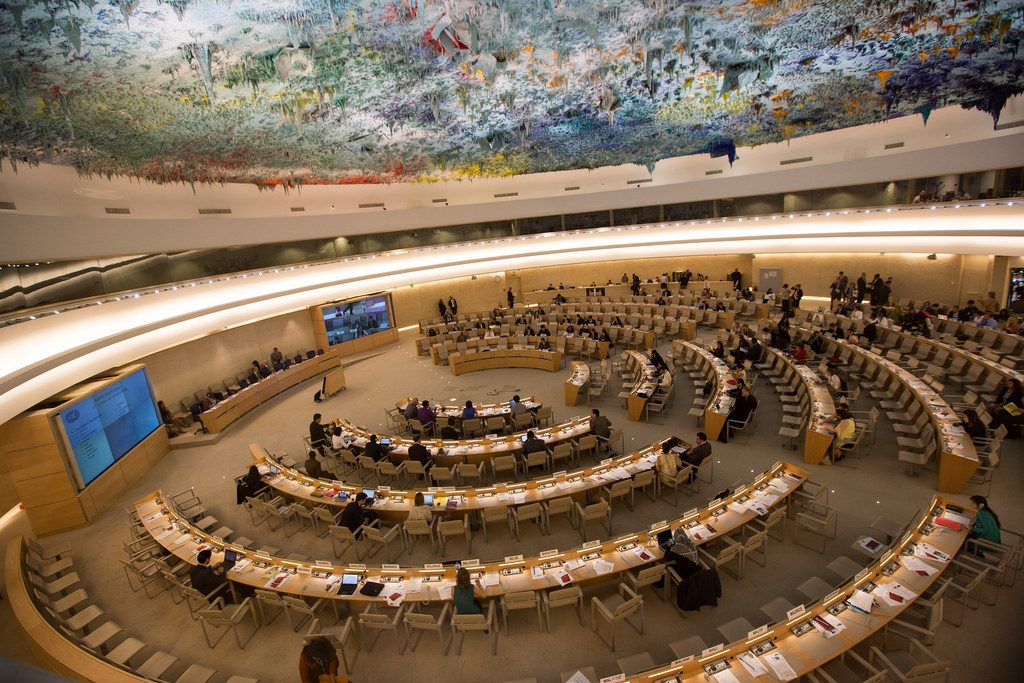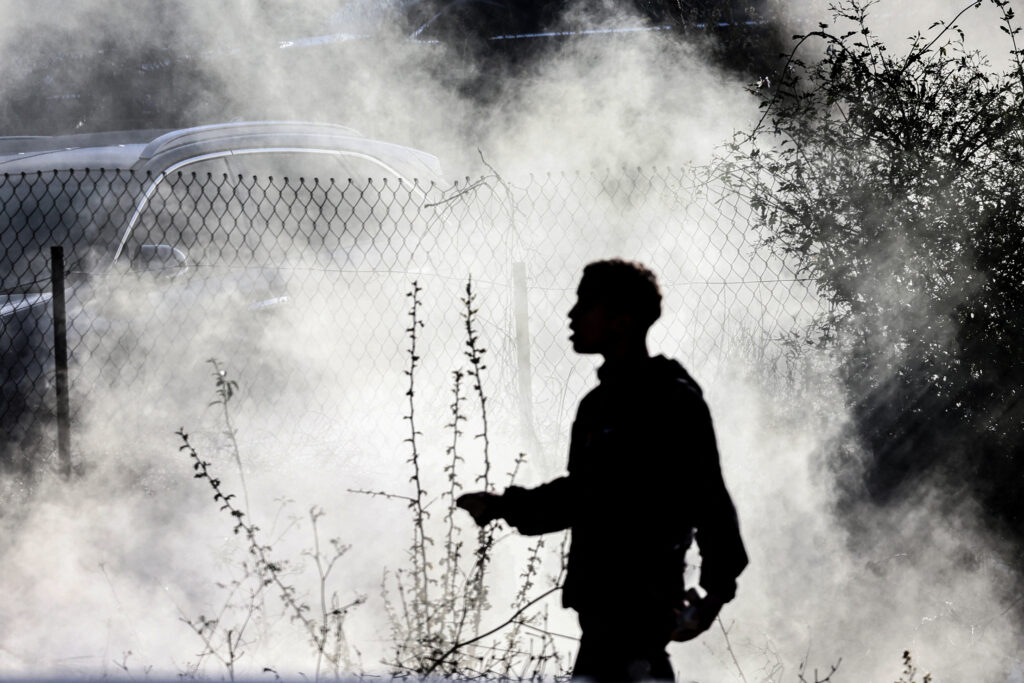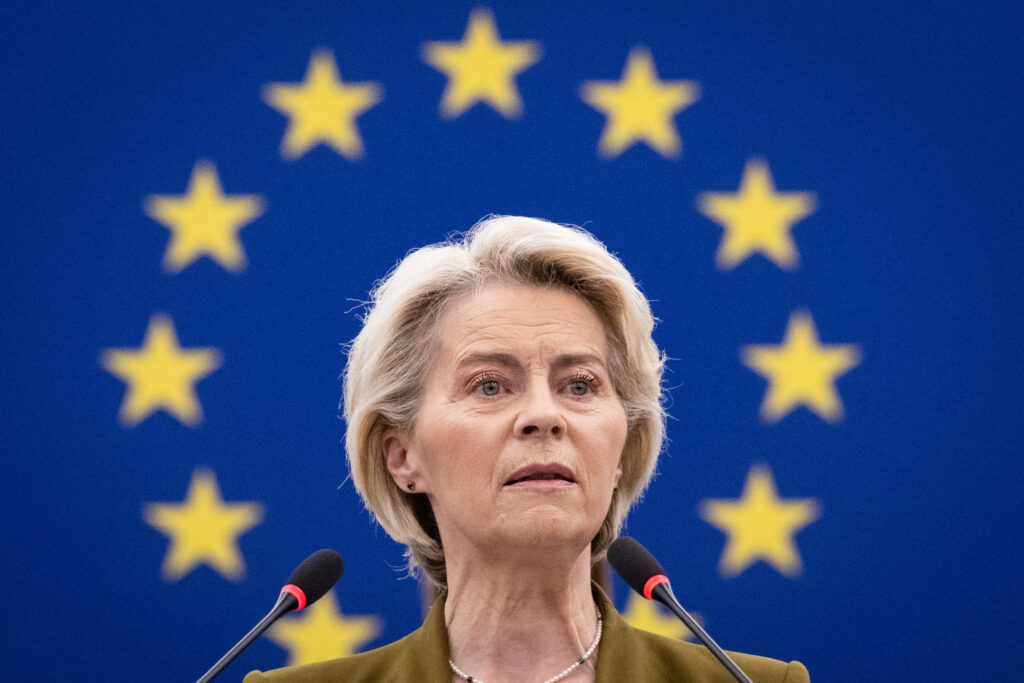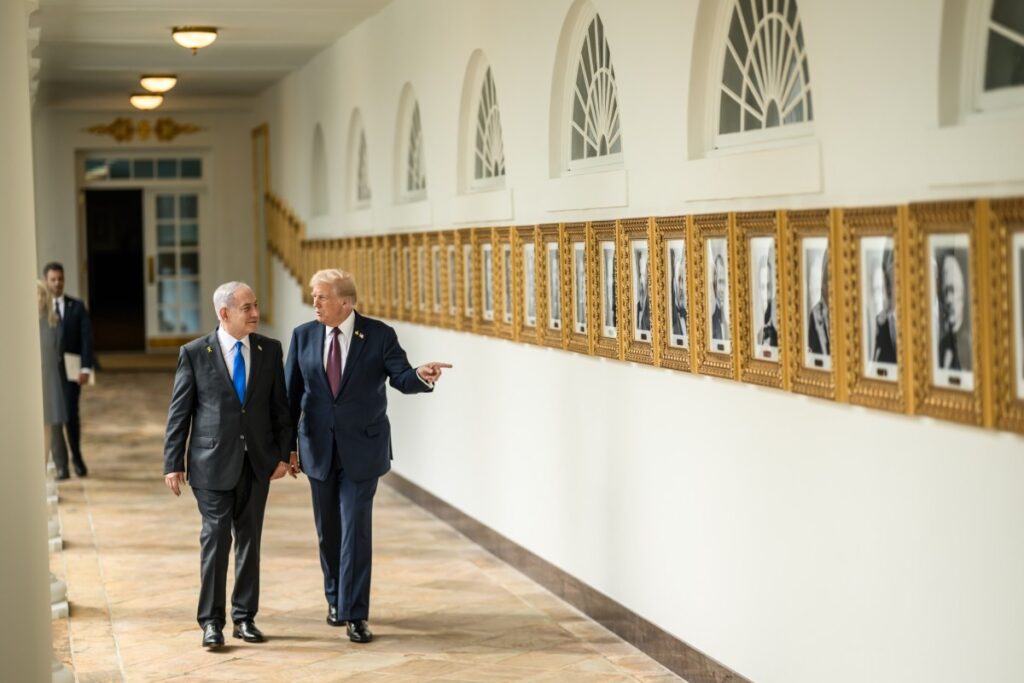In this stand-alone Insight, Markus Gunneflo highlights how, over the course of the last thirty years, questions of sovereignty and territorial integrity have been subordinated to considerations of the rights of the individual affected. Though reasons such as the end of the Cold War, and the unipolarity it created may in part account for this development, the influence of colonialist inclinations of traditionally stronger, more established states on international law could possibly have driven the shift as well.
By Markus Gunneflo
Drone strikes and targeted killing operations more generally is the most ubiquitous aspect of 21st Century Western counterinsurgency and counterterrorism policy, affecting countries in the Middle East and other parts of the decolonized world.
Debates around such conduct often pivots on questions of legality. In the talk I gave at the Middle East Institute in April this year, I provided a longer than usual historical perspective on such debates. The aim was to highlight the deficiencies, or, better, dangers of the current debate, by comparing it with the international law discussions around such conduct from another era.
Two cases were placed next to one another: the Security Council resolution adopted following the killing of Khalil-al-Wazir in Tunisia in 1988, condemning the Israeli conduct as an “act of aggression”; the other, a 2014 panel discussion on drone warfare in the Human Rights Council where a number of key actors and states demanded that drone warfare is brought into conformity with human rights and humanitarian law (IHL) so that it can be subject to greater transparency and legal accountability.
While both cases represent the application of international law to counter-terrorism policy, the claim is that the change of fora and substantive law relied on makes all the difference. Whereas the first incident represents a reaffirmation of the sovereignty of post-colonial states through a norm prohibiting intervention, the other is part of a restructuring of legitimate forms of warfare that may lead to the undermining of post-colonial statehood in international law.
1988 SECURITY COUNCIL RESOLUTION 611 CONDEMNING THE KILLING OF KHALIL AL-WAZIR
On 15 April 1988 PLO official and co-founder of Fatah Khalil al-Wazir was assassinated in his exile in Tunis, Tunisia. An Israeli commando team entered his residence, killed a Tunisian employed as a gardener as well as two Palestinian guards, only to then assassinate al-Wazir in the presence of his wife and daughter. At the time of his death, Khalil al-Wazir had been on an Israeli death list for more than 20 years.[1]
Tunisia brought the Israeli raid to the attention of the Security Council, eventually leading to the adoption of a strong-worded resolution[2] in which the Council:
Recalls article 2(4) of the UN Charter, and the obligation to refrain in international relations from the threat or use of force against territory integrity and political independence of any state.
Is gravely concerned by the act of aggression which constitutes a serious and renewed threat to the peace, security and stability in the Mediterranean region.
Condemns vigorously the act of aggression … against the sovereignty territorial integrity of Tunisia in flagrant violation of the Charter of the United Nations, international law and norms of conduct.
Urges Member States of the United Nations to take measures to prevent such acts against the sovereignty and territorial integrity of all States.
While offering no enforcement measures, the condemnation itself was a remarkable success. A closer look at the actors behind the resolution and their reasoning in the Security Council helps us understand what made it possible. In addition to five non-Western members sitting as members of the Council at the time, the meetings in which the resolution was discussed were attended and heard statements of support from the PLO (by request of Algeria) the Permanent Observer of the League of Arab States, a number of Middle Eastern states such as Jordan, Egypt and Syria and, most importantly, a large contingent of Non-aligned states of the Global South.[3]
The statements attest to the resolution’s emphasis on non-use of force. The representative of Somalia stated that the Israeli conduct, if allowed, reduced this basic norm to a farce. A number of diplomats also referred to the Israeli conduct as an affront to “civilized” patterns of coexistence between states. In addition to “aggression”, which, as already noted, can be found in the resolution itself, “state terrorism” is used to refer to the Israeli conduct.[4]
What is more, from the discussions in the Council it is also clear that the killing of al-Wazir is considered to be a political aggression and only secondarily a concern related to his or any of the other affected individuals’ rights. In fact, the representative of Gabon is the only diplomat specifically addressing the assassination of al-Wazir, as a separate question from the violation of Tunisian sovereignty. But he did so only to mark the difference between legitimate killing on the battlefield and to “murder an enemy for the purposes of defense and security”, as had been the case here.[5]
This emphasis on non-use of force can be explained by the dynamics of decolonization. Already in 1955, in the Final Communique of the Bandung Conference, the fundamental character of non-use of force for the Third World was made clear.[6] In the years that followed, and through the UN System, an international law developed that outlawed conquest and affirmed the right of post-colonial states to establish a particular ideology or political system without being punished for it, militarily or otherwise.[7] The General Assembly was certainly pointing in this direction with a number of landmark resolutions and in 1986 these principles were upheld by the principal judicial organ of the United Nations, the International Court of Justice, in the Case concerning Military and Paramilitary Activities in and Against Nicaragua. In this case the International Court of Justice affirmed “the right of every sovereign State to conduct its affairs without outside interference”.[8] This barred the US from financial and other assistance to the right-wing rebel Contras in Nicaragua fighting against the socialist Sandinista government. Crucially, as has recently been explained by Anne Orford, non-intervention was seen by the Court as part and parcel of sovereign equality and the case has been interpreted to signal the fundamental importance of non-intervention for a just world order in the context of decolonization.[9] By the late 1980s there had emerged a broad consensus that the UN Charter non-use of force regime was comprehensive and that using force to reach what the attacking state considered a terrorist target residing or operating in another state, constituted aggression.[10]
2014 HUMAN RIGHTS COUNCIL PANEL DISCUSSION ON DRONES
The global war on terrorism is a direct assault against this legacy. I am less interested here in the international law arguments propping up the aggressive counterterrorism agendas of, primarily the United States and its allies.[11] I am more interested in the use of international law in restraining them and, ultimately, what this can tell us about our present moment in international law. This could have us investigate a range of different sites, from street protests to scholarly writing, but I want to turn back, instead to the UN.
Notice how in the Security Council in 1988, what was foregrounded was the aggression perpetrated against the sovereignty and territorial integrity of Tunisia, not the rights or status of the individuals affected, in particular Khalil al-Wazir himself. The affront to Tunisian sovereignty filled the entire picture. So grave that any other violation in the course of its perpetration merits little consideration.
In the course of the last thirty years we have seen a massive shift in this regard. If extraterritorial assassinations were almost completely consumed by questions of sovereignty, territorial integrity and non-use of force, we have, today, almost the opposite relationship, questions of sovereignty being consumed by considerations of the rights or status of the individual’s affected.
In 2014 the Human Rights Council held a panel discussion on the topic of drone warfare: Special Rapporteurs Christof Heyns and Ben Emmerson (who have both written reports on targeted killing for the Council) and over 20 states spoke, many demanding that drone warfare is brought in conformity with human rights and humanitarian law and is subject to greater transparency and legal accountability.[12]
The forum both explains this focus and is symptomatic of the broader tendencies I am getting at here. Few states even raised the question of sovereignty and the violation of UN Charter prohibition against the use of force in the Human Rights Council (I believe only China, Iran and Algeria).[13] The charge of “aggression” was conspicuous only in its absence.
In assessing what occurred in the Human Rights Council we need to pay attention not just to the effects that humanitarian and human rights law compliance may have in terms of reigning in the most egregious conduct but also to adverse consequences. In particular to how focus on individual status or rights risks decontextualizing and depoliticising what amounts to one of the most systematic, if not extensive, forms of North on South violence in the post-colonial era.
CONCLUSION
A number of different developments and reasons can be identified for the shift in the treatment of extraterritorial assassinations highlighted in my April talk at the Middle East Institute: an increasing focus on the individual in international affairs; the end of the cold war and the moment of unipolarity it created or the rise of a counterterrorism hegemony in international affairs.
Antony Anghie, professor at NUS Faculty of Law, has suggested that rather than looking at external factors or pressures there may be a dynamic internal to international law that create these effects.
International law was formed in the encounter between Europe and the non-European world. Formal decolonization did not put an end to the dominance of this encounter in international law but changed the form it takes. This is the “dynamic of difference” through which a gap between two cultures are created; one which is universal and civilized and the other particular and uncivilized.[14]
The quasi-legal concept of “unable or unwilling states” used to determine the circumstances in which counter-terrorism force is permitted is a good example. Ntina Tzouvala has argued that the “unwilling or unable doctrine attempts to (re)introduce a classification of states that differentiates the degree of their sovereignty based on the way that they are internally organized and on the antiterrorist policies that they have chosen to implement. It privileges certain “civilization” criteria, such as the existence of a strong, effective, centralized state with a certain level and certain mode of control over its territory. It singles out states that are weak or pursue policies that are considered by the attacking state to be friendly or tolerant toward terrorism for different treatment under Articles 2(4) and 51 of the Charter”. This introduces an unapologetic, aspiring legalized hierarchy between states, challenging sovereign equality as conceptualized under and after the UN Charter. In virtually all cases the state deemed “unwilling or unable” will be a state of the Global South.[15]
Arnulf Becker-Lorca sees in the doctrine of “unable or unwilling” states, a return to pre- UN Charter international law of the 19th and early 20th Century – the height of Western imperialism – where powerful states invoked it to justify interventions in pursuit of international claims against states that had violated their international obligations. It was particularly used against states regarded as “poorly organized” or “less civilized”.[16]
The focus here, however, has been not on the side of states pursuing aggressive counter-terrorism policies but on the fora and the arguments used by those who are opposing them. Here the problem is one of treating targeted killings as a human rights and humanitarian law problem while staying silent about the aggression against sovereign states they also constitute. This leads to a restructuring of legitimate forms of warfare with tremendous effects for post-colonial states and for international law more generally.
The danger that needs to be avoided is that the use of force regime develops along similar lines as the trade regime in international law. When Third World states successfully used their sovereignty to protect their interests, developing doctrines of permanent sovereignty over national resources and demanding a new international economic order, a new arena and a new type of law in which development issues were to be resolved emerged; “transnational law” became the vehicle for abridging the economic sovereignty of the new states.[17]
If my suspicion, based on the two examples, is correct, there are tendencies in the international law of inter-state force that replicates this shift from international to transnational law. If we want to keep the dream alive of an international law that breaks with its colonial past, this needs to be resisted.
[1] Ronen Bergman, 2018, Rise and Kill First: The Secret History of Israel’s Targeted Assassinations. New York: Random House
[2] UNSC, Res 611 (25 April 1988) UN Doc S/RES/611.
[3] UNSC, Verbatim Record (22-25 April 1988) UN Doc.S/PV.2807-2810.
[4] Ibid.
[5] UNSC, Verbatim Record (22 April 1988) UN Doc.S/PV.2809.
[6] Principle Final Communiqué of the Asian-African conference of Bandung (24 April 1955) available at http://www.ena.lu/final_communique_asian_african_conference_bandung_24_april_
1955-2-1192. For Bandung and International Law see Luis Eslava, Michael Fakhri and Vasuki Nesiah 2017, Bandung, Global History and International Law: Critical Pasts and Pending Futures. Cambridge University Press.
[7] Antony Anghie, 2004, Imperialism, Sovereignty and the Making of International Law. Cambridge
University Press.
[8] International Court of Justice, Case Concerning Military and Paramilitary Activities in and Against Nicaragua
(Merits) 1986 available at the website of the Court: www.icj-cij.org/docket/files/
70/6503.pdf
[9] Anne Orford, 2014, “The Politics of Anti-Legalism in the Intervention Debate”, Global Policy, available at: https://www.globalpolicyjournal.com/blog/30/05/2014/politics-anti-legalism-intervention-debate
[10] Christian J. Tams, 2009, “The Use of Force Against Terrorists”. European Journal of
International Law.
[11] This is a key focus of earlier work of mine: Markus Gunneflo, 2016, Targeted Killing: A Legal and Political History. Cambridge University Press. See also Victor Kattan, 2018 “Furthering the ‘war on terrorism’ through international law: how the United States and the United Kingdom resurrected the Bush doctrine on using preventive military force to combat terrorism”, 2018, Journal on the Use of Force and International Law.
[12] Available on UN WebTV: http://webtv.un.org/watch/panel-discussion-on-drones-28th-meeting-28th-regular-session-of-human-rights-council/3798750531001.
[13] Ibid.
[14] Antony Anghie, 2004, Imperialism, Sovereignty and the Making of International Law. Cambridge
University Press.
[15] Ntina Tzouvala, 2015, “TWAIL and the ‘Unwilling or Unable’ Doctrine: Continuities and Ruptures”. AJIL Unbound, 109, 266-270. doi:10.1017/S2398772300001574
[16] Arnulf Becker Lorca, 2012, “Rules for the ‘Global War on Terror’: Implying Consent and Presuming Conditions for Interventions’, (2012) 45(1) NYU Journal for International Law and Politics.
[17] Antony Anghie, 2004, Imperialism, Sovereignty and the Making of International Law. Cambridge
University Press. Markus Gunneflo is a senior
About the author





